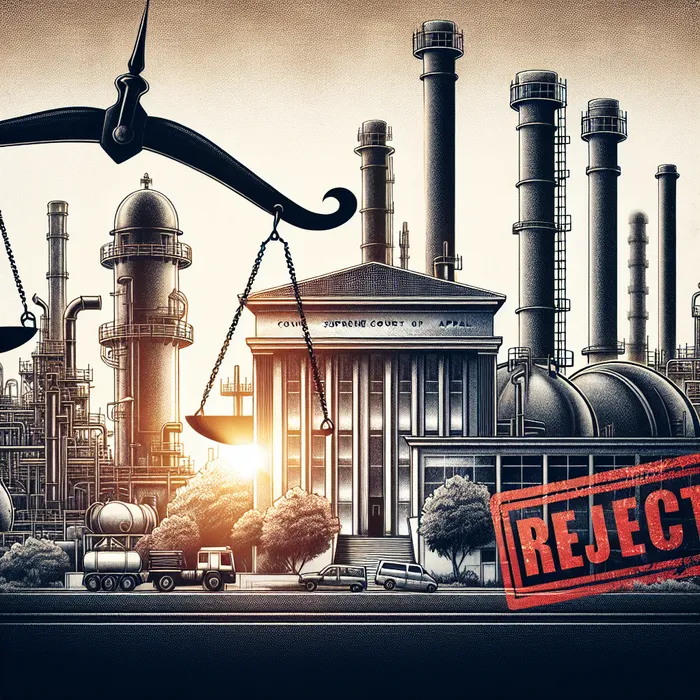Supreme Court of Appeal's ruling against Assmang: A R40 million tax rebate case

“Instead of passing a credit note… what Assmang did was to calculate on a spreadsheet what each contractor owed it on a monthly basis,” the Supreme Court of Appeal said.
Image: Ron | IOL
The Supreme Court of Appeal has ruled against Assmang in a R40 million tax rebate case in which it relied on spreadsheets.
It used these to work out what each contractor owed it on a monthly basis for fuel as it tackled the South African Revenue Service over tax rebates.
“Instead of passing a credit note… what Assmang did was to calculate on a spreadsheet what each contractor owed it on a monthly basis,” the court said.
Assmang sought refunds for diesel supplied to contractors at its Khumani and Beeshoek mines in the Northern Cape.
The company argued that it provided diesel but only charged for equipment hire, claiming the fuel was supplied on a “dry basis” and thus eligible for rebates. SARS, however, maintained that the contractors carried the risk, meaning the fuel was supplied on a “wet basis” and was ineligible for a refund.
The distinction between wet and dry contracts was central. In a dry contract, the user supplies fuel at its own cost, and the contractor does not pay for diesel.
In a wet contract, the contractor provides or pays for fuel, bearing the risk.
“In reality, Assmang contracted with its contractors on a wet basis and not on a dry basis,” the judgment said. “Instead, the contractors carried the risk, so the financial reality was that a wet rate was contracted.”
Record keeping was another key issue. The court found Assmang’s logs insufficient to prove eligible diesel use. While the company argued its Liquid Automation System recorded quantities dispensed and the equipment fuelled, the judgment noted.
“Once the diesel goes into the bowser of a specific contractor, there are no further records… It is not sufficient to make ‘a reasonable assumption’… the fuel does not qualify as eligible purchases.”
Assmang also raised a Constitutional challenge seeking interest on unpaid refunds. The court rejected it, saying that “a Constitutional challenge must be properly pleaded,” and the late filing “inherently undermined the procedural integrity of the litigation.”
It added, “the Constitutional challenge is not properly before this Court.”
The dispute dates back to 2011, when KPMG, on behalf of Assmang, requested a ruling from SARS.
After an audit, SARS demanded repayment of R39.6m, including interest and penalties.
In the end, the appeal was dismissed with costs, including the costs of two counsel where employed.
The judgment reinforced the importance of accurate record keeping, proper reporting of fuel use, and strict compliance with rebate rules, confirming that contractual arrangements cannot override the financial reality of fuel supplied to contractors.
IOL Business